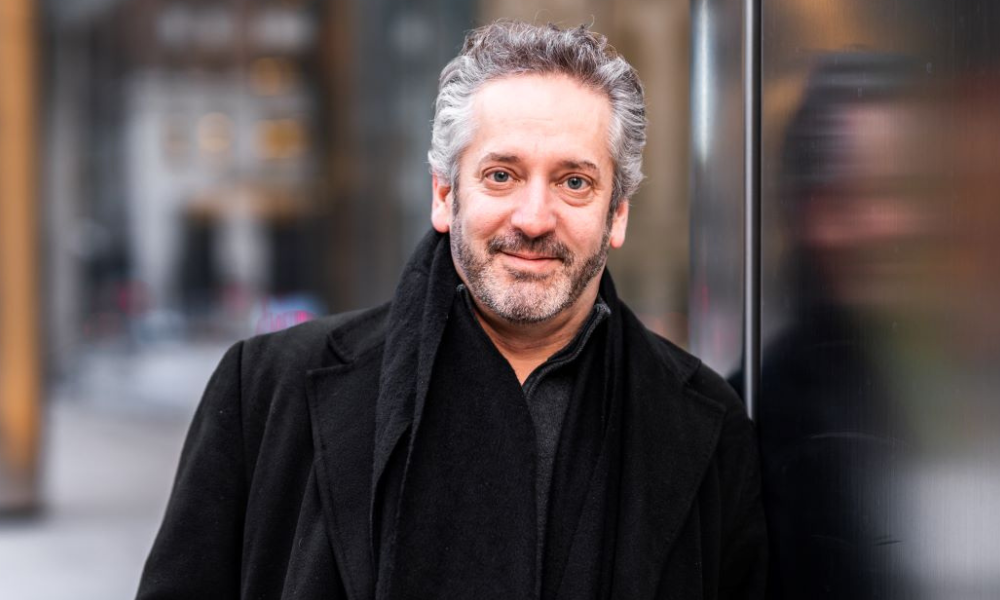After going from TINA to TIARA and then TIAGO, investors must keep certain factors in mind, says chief investment officer

While 2023 saw investors increasingly turn their attention toward cash and alternative investments, particularly private assets, that attitude toward asset allocation and diversification might not make as much sense in the year ahead, according to one investing leader.
“In the span of two years, the markets have transitioned relatively quickly from an attitude of TINA to TIARA, and then to TIAGO,” says Noah Solomon, chief investment officer at Outcome Metric Asset Management.
‘Cash makes a lot of sense right now’
During the long-drawn-out period of near-zero interest rates that defined the post-Great Financial Crisis world, Solomon says TINA – “there is no alternative” – was the battle cry for investors. Bonds were delivering practically zero yield, and the fact that yields were so low meant bonds had little runway for capital appreciation, so investors had to take risks in order to achieve the returns they needed.
The currents started to shift in 2022. Forced to recognize inflation was not the transitory phenomenon they’d hoped it would be, policymakers from the Bank of Canada and the Federal Reserve laced up their hiking boots and embarked on their aggressive policy-tightening campaign.
Starting around March 2022, the policy rate in Canada skyrocketed from 0.25% to 5% within 18 months – a virtual eye-blink in the world of macroeconomics. That rapid ascent in rates, Solomon says, opened a new door for investors.
“We entered the world of TIARA – ‘there is a reasonable alternative’ [to stocks],” he says. “Rates were not particularly attractive, but at least they weren’t zero.”
The positive momentum in rates persisted, pushing markets further into the current phase of “there is a good alternative,” or TIAGO. As cash and cash-like investments started offering more attractive rates of return, with yields comparable to stock earnings, Solomon says investors had all the more incentive to step away and get on the sidelines.
“It's not just that cash is producing a higher return than it has in about 20 years. But also in a relative sense, yields on cash are not much lower than the earnings yield on stocks,” he says. “You're not really getting a huge premium to entice you from leaving the safety of the bank account, the GIC or the government bond and take your chances in the stock market. So cash makes a lot of sense right now.”
Will cash and other lower-risk assets continue to make sense in 2024? Solomon does not have a crystal ball, but he says it will all depend on the future trajectory of interest rates – with broad consensus saying rates will start to decline this year – as well as the path of equity valuations moving forward.
Private markets: a diversifier, not a cure-all
Turning to alternatives, Solomon notes that the private market is vastly larger than the public markets, encompassing multiple asset classes and strategies that include but are not limited to venture capital, private equity, private debt, and private real estate. The past year has seen a rise in intentions among investors and asset allocators to put more money into private market assets.
“[Private market investments] do make sense for various reasons – diversification or return enhancement, depending on which corner you’re in – to have as part of your portfolio,” he says. “I think they made sense 10 years ago, and I think they make sense today.”
Adding an asterisk to that, Solomon says that over the last 10 to 15 years, investors needed a way to make up for the low yields they got from bonds. During that time, private markets came to be viewed as a cure-all for that problem – for better and for worse.
“If we know anything from the history of markets, it's that whenever something becomes over-loved and overwhelmed, then the future risks of owning that asset increase and the future returns deteriorate,” he says. “Your prospective risks go up, and your prospective returns go down as something becomes more and more loved and crowded. So I do have some concerns with certain private markets that may have entered that danger zone.”
One other point for investors to bear in mind, he says, is how private market assets may prove to be less liquid than they think. That’s particularly true during times of stress, he says, when investors are more likely to need liquidity in their portfolios.
“Even here in Canada, we’ve had many private debt and private real estate funds suspend redemptions over the past few quarters. They offered monthly redemptions or quarterly redemptions, then all of a sudden, people wanted their money, and the managers had to tell them ‘the underlying assets aren't liquid … [you] can't have your money out.’ And I think a lot of people were very surprised by that.
“I think as an investor you have to be aware of that when it comes to private assets. And you have to limit your exposure to them,” Solomon says. “Maybe not if you're a huge pension fund with a huge time horizon, but for most mere mortals, that is a danger that I think caught many people unawares.”



